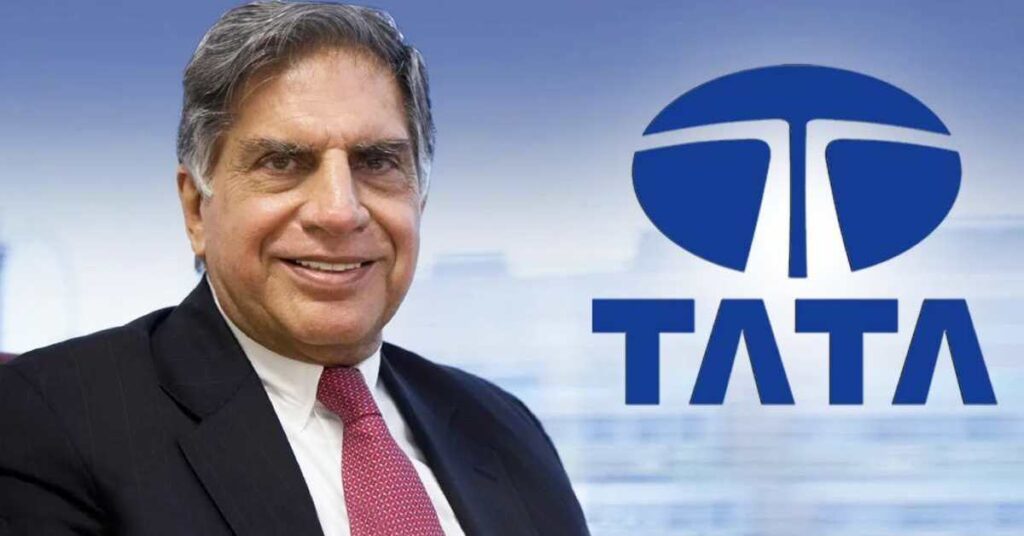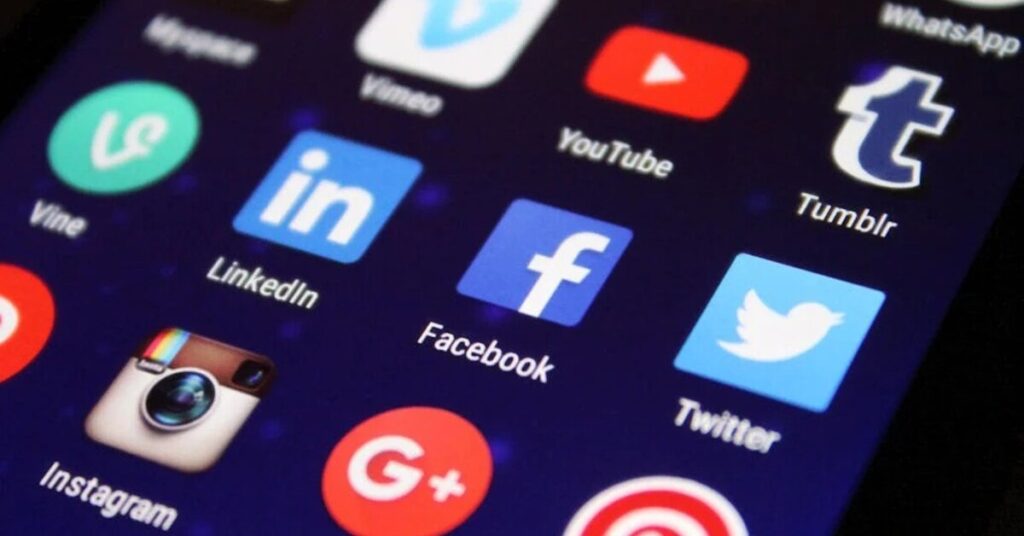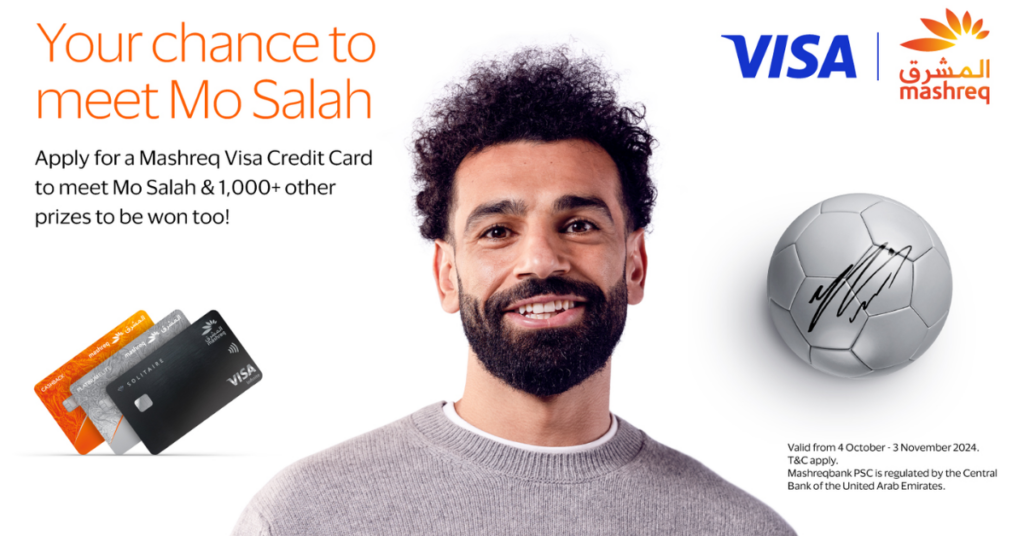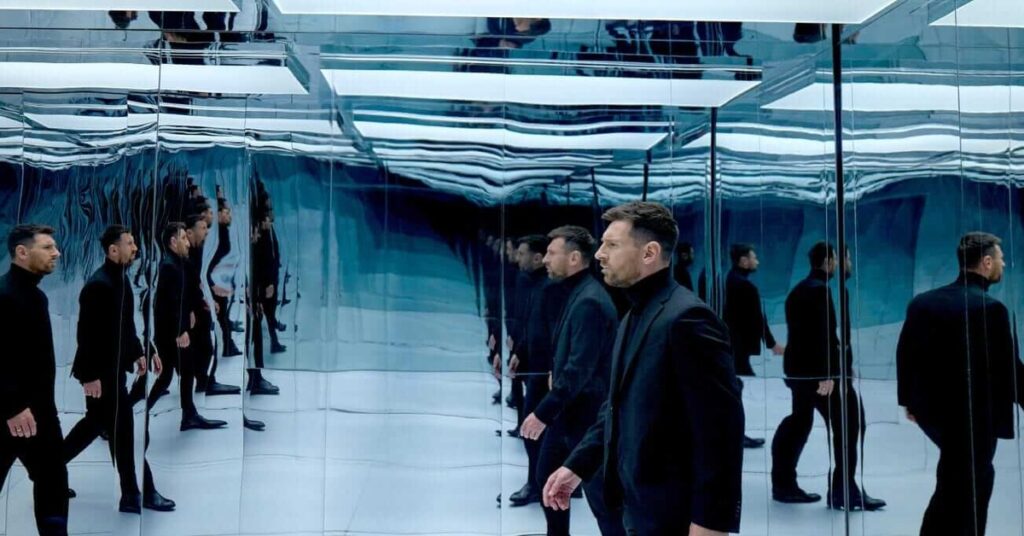NIL (Name, Image, and Likeness) policy has transformed college sports for brands. College athletes in the United States can make money with brands and sponsors via NIL deals. Brands are set to spend about $1.14 billion on college NIL deals.
College athletes have hundreds of thousands of followers on social media. One such athlete is Olivia Dunne, a gymnast at Louisiana State University (LSU), who has over 13 million followers on social media. There’s also the University of Southern California’s basketball player Bronny James (LeBron James’ son) who has 7.6 million followers on Instagram.
Sean Hughes, CEO of Athliance, said the rise of social media and the prevalence of platforms like Instagram and TikTok have paved the way for athletes to create their brands. He believes college athletes are influencers. “They have marketability.”
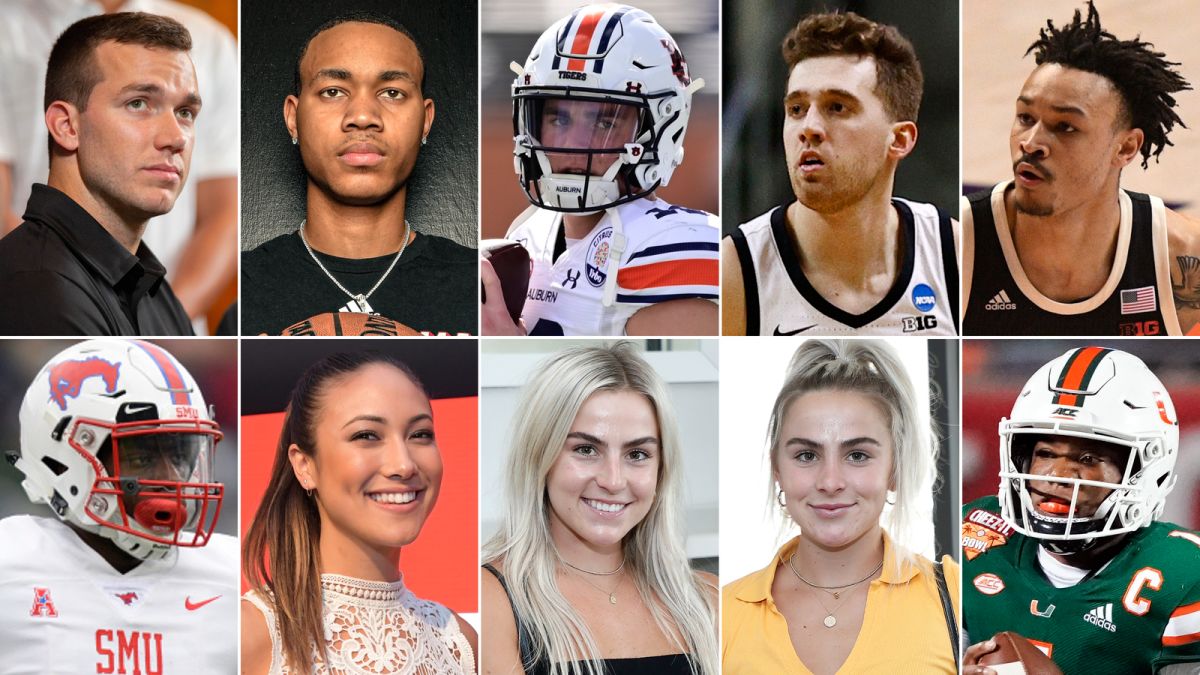
Moreover, a study by the University of Vermont’s Bill Carter, who teaches about NIL, established that 72 percent of commercial activity from college athletes involves social media activity, followed by endorsements at 10 percent.
NIL refers to the use of an athlete’s name, image, and likeness through marketing and promotional endeavors. This includes autograph signings, social media posts, and product endorsements, among others.
According to the National Collegiate Athletic Association (NCAA):
- Athletes can engage in NIL activities if they follow their state’s laws where their school is located. Schools must ensure these activities comply with the state law
- Athletes in stages without NIL laws can still participate in NIL activities without breaking NCAA rules
- Athletes are allowed to seek professional service providers for their NIL activities
Mark Emmert, NCAA president, said college athletes are now able to take advantage of name, image and likeness opportunities. “With the variety of state laws adopted across the country, we will continue to work with Congress to develop a solution that will provide clarity on a national level.
Haley and Hanna Cavinder, Fresno State’s basketball players, struck a deal with Boost Mobile. Haley said it was exciting that such a known company wanted to work with Hanna and her. “This is a big switch for all student-athletes. Being able to use your name, image, and likeness is something we all deserve.”

Stephen Stokols, CEO of Boost Mobile, hopes to partner with hundreds of student-athletes in the coming years. With the Cavinder twins onboard, Stokols said Boost Mobile also plans to partner with athletes at the local level. “We think it’s a big opportunity to get regional and local with relevant names in those markets…We want to be one of the biggest companies embracing the college-athlete marketplace early. We hope to play a role in helping to shape it.”
A report highlighted women’s basketball players who have made a splash. Sedona Prince, from the University of Oregon, offered her 2.5 million TikTok followers, 240k Instagram followers, and 43k Twitter followers custom merchandise. Most recently LSU’s star gymnast Olivia (Livvy) Dunne launched a billboard in the Time Square for her 3.9 million TikTok followers and 1.1 million Instagram followers.
At the end of the day, while athletes are personalities in their own right and have hundreds of thousands or millions of followers, brands are looking for quality content to resonate with their target audience.
Also Read: Dwayne Johnson’s ‘The Rock Warriors’ College Athletes To Lead Zoa Marketing Program
